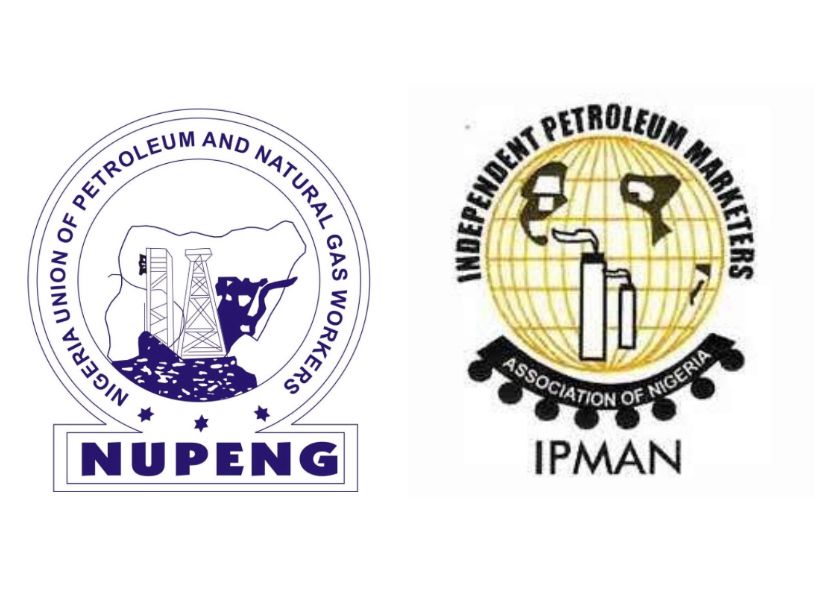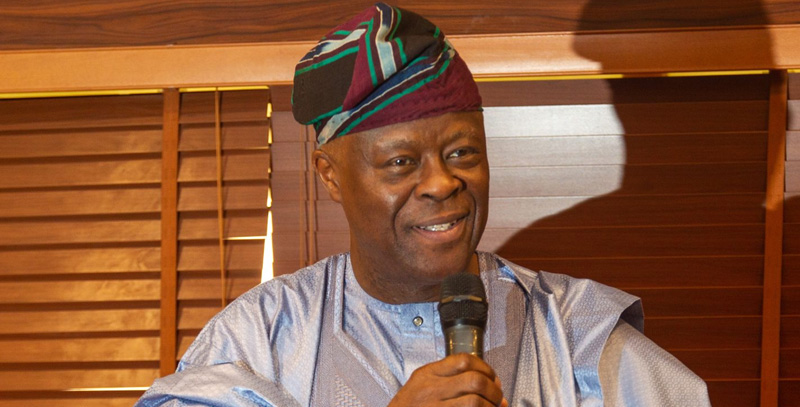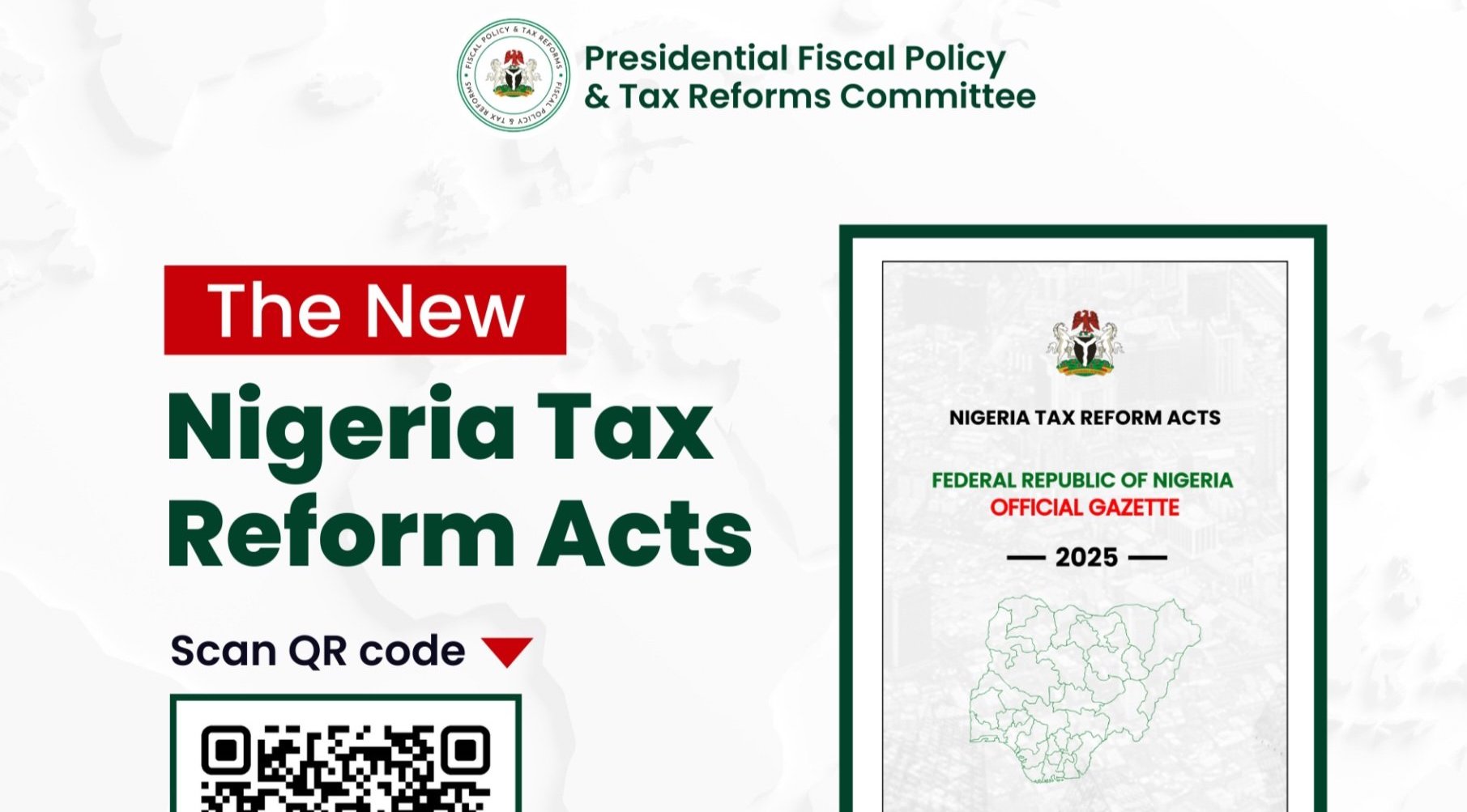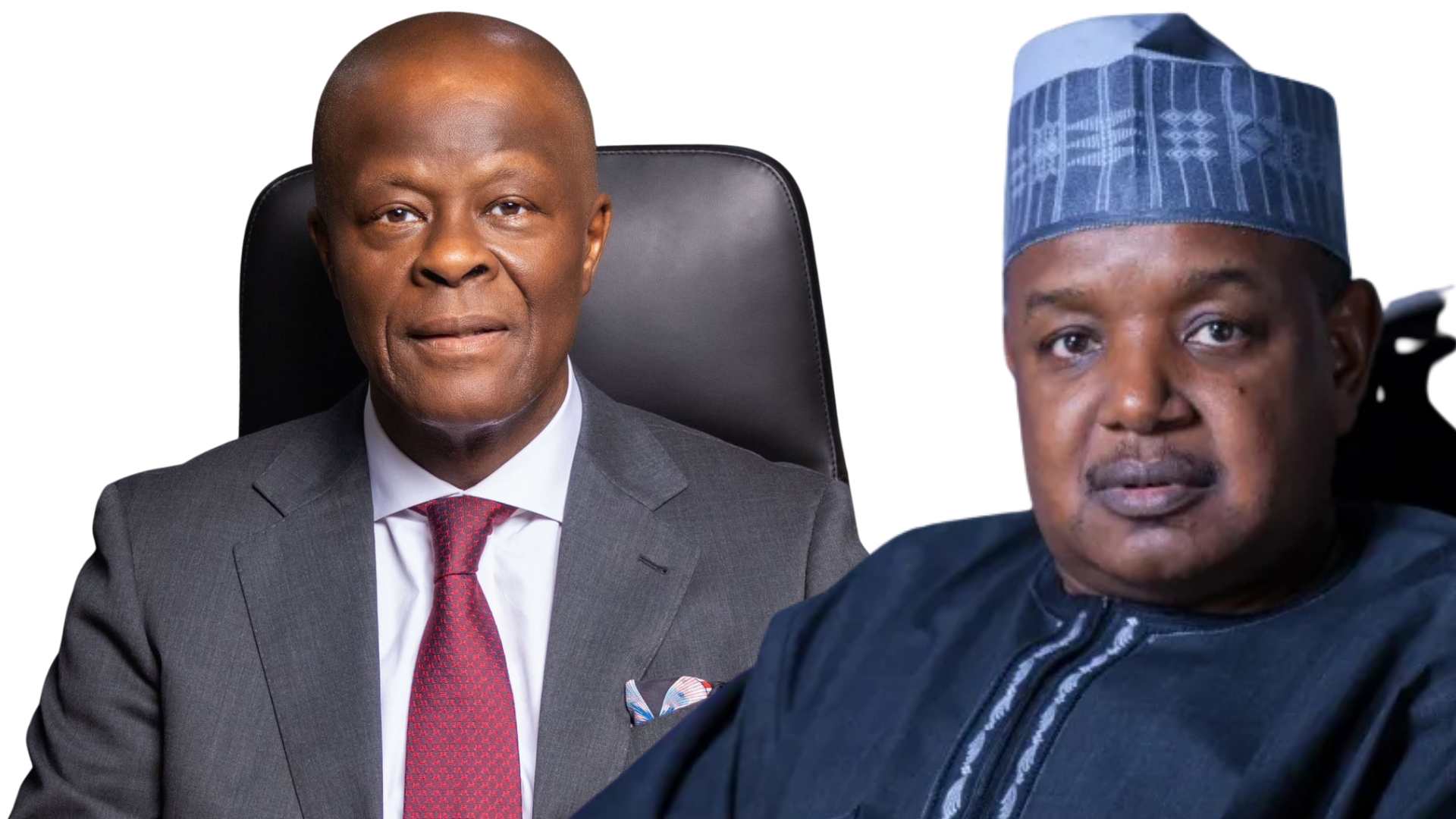•Hails CBN for actualising economic agenda, says country has competitive pricing regime for entrepreneurs to launch into other countries
•Declares debt service now below revenue, inflation easing, and interest rates moderating
•Cardoso targets $1 billion monthly diaspora inflows as current value hits $600m
•CIBN President: 16 listed banks raised over N2.5 trillion in fresh capital to strengthen balance sheets, net domestic credit to private sector reached N82 trillion in 2025
James Emejo in Abuja
President Bola Tinubu, yesterday, urged the banking sector to do more to support the country’s struggling manufacturing sector to boost its contribution to Gross Domestic Product (GDP).
Following the recent rebasing exercise by National Bureau of Statistics (NBS), manufacturing sector’s contribution to real GDP stood at 9.62 per cent in Q1, compared to 7.62 per cent in 2024 and 9.76 per cent in Q1 2024.
Tinubu commended Governor of the Central Bank of Nigeria (CBN), Mr. Olayemi Cardoso, for initiating policies that had brought stability to the foreign exchange (FX) market, as well as grown the country’s external reserves to about $42 billion.
The president spoke at the opening of the 18th Annual Banking and Finance Conference, with the theme, “The New Economic Playbook: The Intersection of Banking, Policy, and Technology,” organised by Chartered Institute of Bankers of Nigeria (CIBN) in Abuja.
Tinubu’s assertions came as Cardoso said the apex bank aimed to boost monthly diaspora receipts to about $1 billion next year.
Cardoso said monthly diaspora inflows had drastically increased from about $250 million to around $600 million currently.
Tinubu, who was represented by Minister of Finance and Coordinating Minister of the Economy, Mr. Wale Edun, stated that though the rebased GDP continued to demonstrate growth, the contribution of the manufacturing sector remained low. He urged the banks to increase intervention to boost domestic production.
He said the country presently had a competitive pricing regime that would enable domestic entrepreneurs to export services to other parts of Africa and the world, at large.
Tinubu added that the removal of fuel subsidy and the liberalisation of the FX market had created a new playbook, which Nigerians must take advantage of to further drive growth.
The president also tasked bankers to support and invest in emerging productive sectors, including the digital innovation and export services, where current opportunities lied.
The president said financial technology companies (fintechs) had processed N37 trillion in mobile transactions in Q1,2025 adding that there is currently a movement in digital revolution, as people continued to embrace digital currency.
He said, “There is a movement, there is a digital revolution. So, many people now are not using the banking system to make ends.
“They’ve turned to stable coin, they’ve turned to digital currency, and it’s important that the authorities, the capital market authorities, the banking authorities, get hold of this narrative and track it, report it, while it is still evolving.”
Tinubu challenged the banks to get hold of the emerging narrative early enough so as not to be left behind.
He said technology could help reduce operation costs and engender a low interest regime.
The president stressed the need to expand the digital infrastructure, create regulatory frameworks and promote digital literacy.
He said his administration remained focus on stabilising the macro economy, creating jobs and reducing poverty.
He reaffirmed government’s commitment to mobilise private investments, and unlock domestic funding.
The president tasked all stakeholders to work to translate recent policy interventions by his administration to opportunities.
He said Nigerians must come together to liberate their country, stressing that no help can come from outside.
Citing International Monetary Fund (IMF) data, Tinubu said global growth was projected at three per cent in 2025, while Sub-Saharan Africa was expected to grow at four per cent.
He stated that Nigeria’s economic indicators presented a mixed picture, stressing, “While our GDP grew by 3.13 per cent in the first quarter of this year, inflation remains a challenge at 21.88 per cent as of July.”
He said though inflation had eased to a 30-month low, it remained relatively high, eroding purchasing power and widening inequality.
The president said, “These numbers indicate that the old playbook will not suffice. We need a new, bold, inclusive, and innovative one.
“One of the most urgent tasks before us is to understand where Nigeria truly stands today. The economy, like the elephant in the ancient parable, is vast and complex.
“Depending on where you stand, you may see it differently, whether through the eyes of a policymaker, a banker, a technologist, a business owner, an innovator or an everyday citizen.”
He explained, “Each perspective is valid, but partial. What we need is a shared playbook that brings the pieces together into one big picture. That is the promise of a New Economic Playbook.
“Before May 2023, Nigeria grappled with several challenges, including persistently rising inflation, multiple exchange rates, unmet FX demand, and shrinking foreign reserves.
“Since then, reforms have unified exchange rates, stabilised reserves, improved the current account, and restored fiscal discipline.
“Furthermore, debt service is now below revenue, inflation is easing, and interest rates are moderating as productive capacity expands.”
Tinubu added, “Of course, these reforms are not experienced in the same way by everyone. For some, they are seen through the lens of immediate hardship, for others, through the promise of longer-term stability.
“All views are valid. But what the New Economic Playbook offers is a way to place these pieces side by side so that instead of weighing competing perspectives, we begin to see a fuller picture of where Nigeria is heading.
“The good news is that our industry is well-positioned to provide that new playbook, and the numbers clearly indicate this. For example, Nigeria’s banking sector posted significant growth in 2024.
“According to the State of Enterprise (SOE) Report 2025, total assets surged to ₦170.02 trillion, marking a 39.6 per cent year-on-year increase from ₦121.8 trillion in 2023.
“Likewise, Nigeria’s fintech ecosystem attracted more than $1.2 billion in funding between 2019 and 2023, positioning us as Africa’s leader in digital finance. These are not just encouraging figures; they are signals of potential.”
Tinubu said to unlock the country’s full potential, banking, policy, and technology must converge, not work in silos, but in collaboration.
Cardoso, in his own remarks, attributed the increase in diaspora remittances to the “result of deliberate planning, strong partnerships, and the commitment of all stakeholders, both at home and in the diaspora”.
He commended the CIBN leadership for their consistent efforts in hosting the conference as well as the annual Bankers’ Dinner, which had continued to attract wide participation both physically and virtually.
The CBN governor specially thanked the banking sector for providing support to the apex bank at the commencement of its FX mobilisation programme, which had helped to stabilise the economy.
He said the CBN had created the needed regulatory and policy direction to make things happen, and tasked the banks to take advantage of existing conditions to attract more FX into the country.
Cardoso said conference discussions on diversification of reserves – the role of experts in financial innovation, and strategies to strengthen the economy – were particularly timely.
He stated, “Over the years, we have seen significant progress—moving from initial interventions in the hundreds of millions of dollars to projections now reaching billions of dollars monthly.
“These achievements are the result of deliberate planning, strong partnerships, and the commitment of all stakeholders, both at home and in the diaspora.”
President/Chairman of Council, CIBN, Professor Pius Olanrewaju, said the institute’s commitment at the last conference to deepen financial inclusion, export diversification, and unlock private-sector capital, among others, had yielded positive outcomes.
Olanrewaju pointed out that since 2024, 16 listed banks had raised more than N2.5 trillion in fresh capital to strengthen their balance sheets.
He said net domestic credit to the private sector rose to over N82 trillion in 2025, supporting businesses and job creation.
Olanrewaju also said July 2025 saw the launch of National Credit Guarantee Scheme to de-risk SME lending, stressing that there are over 500,000 agent banking outlets across the country, serving over 40 million Nigerians.
He said, “While export diversification is a work in progress, it is worthy of note that we are not where we were last year.
“Nigeria’s non-oil export basket expanded to 236 products in the first half of 2025, up from 202 the previous year, generating $3.23 billion in revenue, a 19.6 per cent year-on-year increase.
“In addressing the multiplicity of taxes, President Bola Ahmed Tinubu, on 26th June 2025, signed the four (4) Tax Reform Bills into law, thereby consolidating over 100 tax-collecting agencies into a streamlined Nigeria Revenue Service, effective January 2026.
“These new laws portend a new lease of life, with a lot of opportunities inherent in it for all and sundry.”
The CIBN president also pointed out that the conference’s theme was not a figment of imagination.
He said, “Our task is to curate a new playbook, one that turns bold ideas into bankable realities, strengthens partnerships across public and private sectors, and channels innovation to unlock inclusive growth for Nigeria and Africa.
“Banking and finance remain the engine of growth of our economy, the channel through which savings are turned into investments, and capital flows to households, businesses, and governments.
“Without a strong and innovative banking and finance sector, our economy cannot grow fast enough to lift millions out of poverty and achieve shared prosperity.”
Olanrewaju also said, “Policy provides the compass, the clear rules, stable macroeconomic conditions, and forward-looking regulations that give direction and confidence to markets.
In today’s world, technology is the accelerator and driver of innovation and change.
“It determines how far and how fast we can go. From artificial intelligence streamlining operations and driving efficiency, to fintech expanding access to financial services, to digital currencies redefining transactions, technology is transforming finance as we can all see.”
The post At CIBN Conference, Tinubu Urges Bankers to Boost Funding to Manufacturing Sector, Digital Innovations, Others appeared first on THISDAYLIVE.





